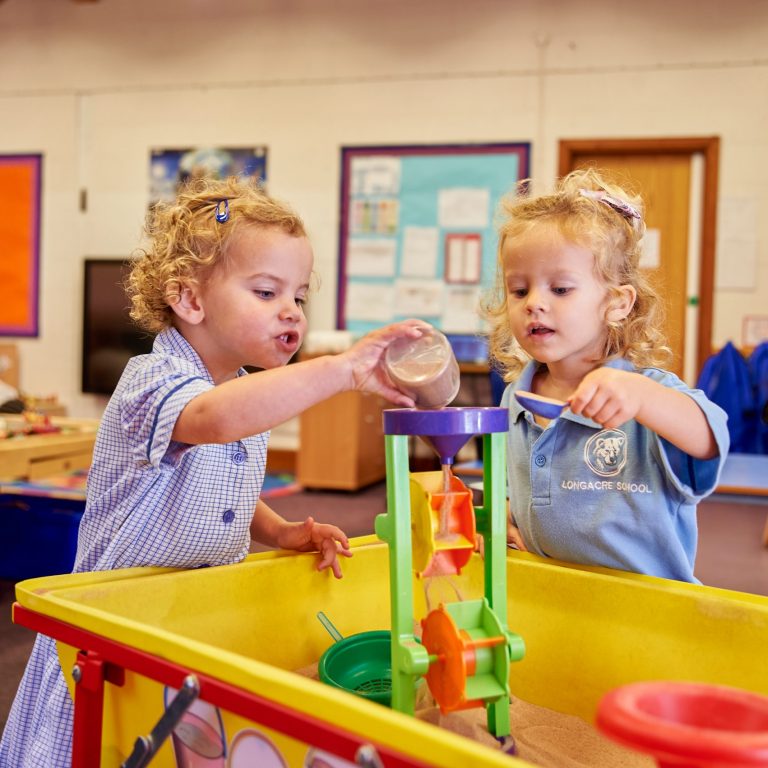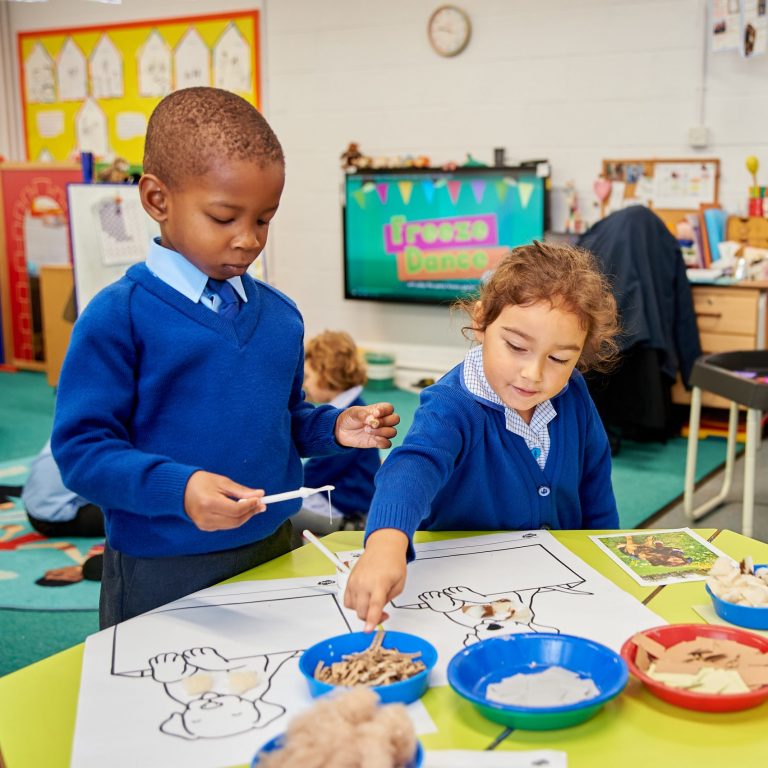Children’s mental health and wellbeing are increasingly recognised as vital to their overall development and academic success. Prep schools play a unique role in fostering emotional resilience, confidence, and a sense of belonging — helping children thrive both in and out of the classroom.
From structured pastoral care to nurturing classroom environments, prep schools provide the support children need to flourish.
What Is Mental Health and Wellbeing in Children?
Mental health in children involves emotional, social, and psychological wellbeing. It affects how children:
- Feel about themselves
- Interact with others
- Handle challenges
- Learn and engage in school
Wellbeing encompasses a child’s ability to manage stress, maintain healthy relationships, and develop a positive sense of self.
Prep schools are increasingly focused on promoting whole-child development, recognising that strong emotional foundations underpin academic achievement and lifelong success.
How Prep Schools Support Mental Health and Wellbeing
Small Class Sizes and Individual Attention
Prep schools often have smaller classes than state schools, allowing teachers to build strong relationships with each pupil.
- Teachers can notice changes in mood or behaviour early.
- Children receive tailored support to meet their academic and emotional needs.
- Pupils are encouraged to express their thoughts and feelings in a safe environment.
At Longacre, small class sizes ensure every child is known, supported, and guided — fostering confidence and resilience
Pastoral Care and Emotional Support
A key focus of prep schools is pastoral care. Dedicated staff, including class teachers, pastoral leads, or school counsellors, provide:
- Guidance for emotional challenges
- Support for social skills development
- Strategies for coping with stress or change
Regular check-ins, open communication, and nurturing relationships help children feel valued and secure, reducing anxiety and promoting positive mental health.
Structured Routines and Consistency
Children thrive in predictable, structured environments. Prep schools provide:
- Consistent timetables
- Clear expectations
A safe, stable setting
Routines give children a sense of control and security, which is essential for emotional wellbeing.
Social and Peer Support
Prep schools emphasise positive peer relationships. Activities such as team games, group projects, and collaborative learning help children:
- Develop empathy
- Learn conflict resolution
- Feel part of a community
Friendships and social connections are critical for emotional health, and a supportive school culture nurtures these relationships.
Outdoor Learning and Physical Activity
Spending time outdoors and engaging in physical activity supports mental wellbeing. Benefits include:
- Reduced stress and anxiety
- Increased focus and concentration
- Improved mood and energy
Forest School sessions, outdoor learning, and regular PE classes help children develop resilience and confidence while promoting healthy, active lifestyles.
Longacre incorporates outdoor learning across the curriculum, providing opportunities for children to explore, reflect, and grow in confidence.
Creative and Enrichment Opportunities
Music, art, drama, and other creative activities provide children with a positive outlet for expression. Pupils learn to:
- Manage emotions
- Build self-esteem
- Express themselves safely and constructively
Enrichment activities complement academic lessons and are integral to fostering wellbeing in prep school settings.
Mindfulness and Emotional Literacy
Some prep schools also integrate mindfulness, wellbeing exercises, and emotional literacy programs to teach children:
- How to recognise and manage emotions
- Coping strategies for stress
- Skills for resilience and problem-solving
Equipping children with these tools supports both their current and future mental health.
The Long-Term Impact
When prep schools prioritise mental health and wellbeing, children develop:
- Emotional resilience and confidence
- Positive self-esteem
- Strong social skills
- A lifelong love of learning
These foundations not only support academic success but also prepare children for life beyond school.
Categories: News




